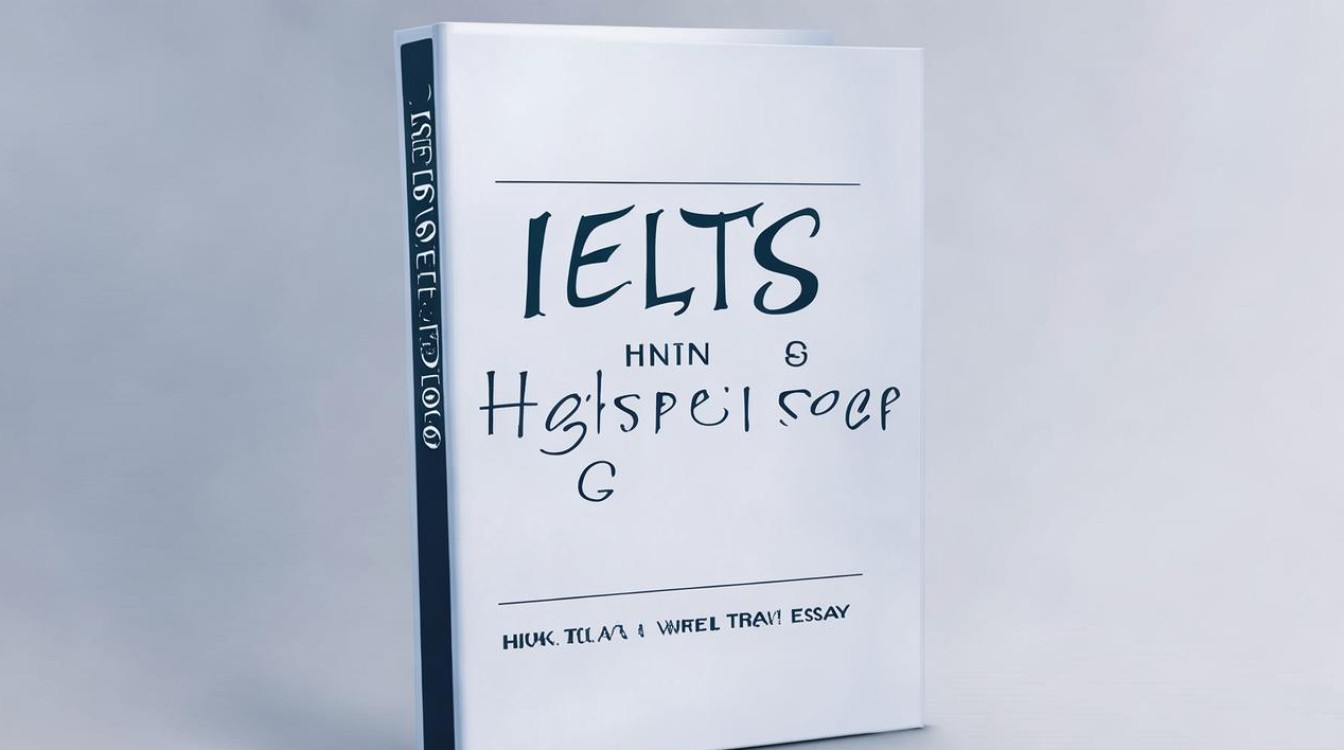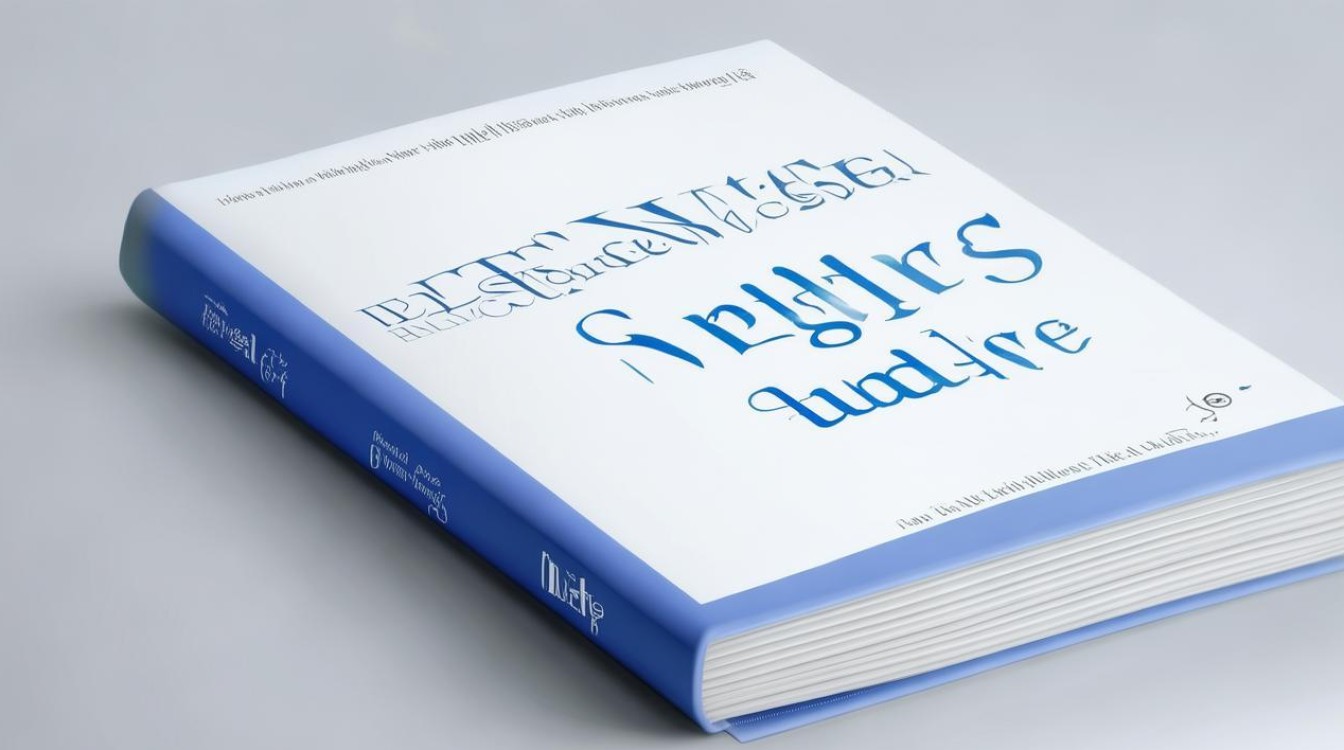在雅思写作考试中,旅行类话题频繁出现,涵盖旅游业的利弊、文化冲击、生态旅游等多个方面,这类题目要求考生不仅展现语言能力,还需体现批判性思维和全球视野,本文将系统分析旅行类作文的高分策略,帮助考生在Task 2中脱颖而出。

旅行类话题的核心考察点
雅思官方通过旅行主题主要评估三种能力:
- 多角度分析能力:例如讨论大众旅游时,需同时涉及经济增长与文化同质化的辩证关系
- 具体例证运用:以威尼斯"旅游税"或冰岛限流政策等真实案例佐证观点
- 学术化表达:避免口语化表述,使用"overtourism"(过度旅游)、"cultural appropriation"(文化挪用)等精准术语
近年高频题型包括:
- 大众旅游对目的地利大于弊?(2019/2021真题)
- 廉价航空是否应该被限制?(2020真题)
- 生态旅游能否真正保护环境?(2022真题)
高分结构拆解
以8分范文为例,展示经典四段式结构:
引言段
"While mass tourism generates substantial revenue for host countries, its detrimental impacts on local ecosystems and cultural authenticity warrant serious reconsideration." 开篇即亮明辩证立场,使用"detrimental impacts"等学术词汇定调。
主体段1
经济层面采用数据论证:"According to UNWTO, tourism accounts for 10.4% of global GDP, with small island nations like Maldives relying on it for over 60% of national income." 引用权威数据增强可信度。
主体段2
文化层面使用对比论证:"The replication of Hawaiian luau ceremonies in commercial resorts reduces sacred traditions to mere entertainment, whereas Japan's Gion Matsuri festival maintains strict participation rules to preserve its spiritual significance."

结论段
提出解决方案:"Implementing carrying capacity assessments and mandating cultural sensitivity training for tour operators could strike a balance between economic gains and sustainable preservation."
词汇升级方案
替换基础词汇为学术表达:
- 好 → beneficial/enlightening
- 坏 → detrimental/jeopardize
- 很多 → a proliferation of/exponential growth
- 因为 → attributable to/owing to
专业术语库:
- 旅游承载力 (tourism carrying capacity)
- 文化商品化 (cultural commodification)
- 志愿者旅游 (voluntourism)
- 碳足迹 (carbon footprint)
常见误区警示
-
例证空泛
低分表述:"Tourism causes pollution"
高分改写:"The Mediterranean Sea receives 570,000 tons of plastic annually from tourism activities, equivalent to 33,800 plastic bottles per minute (WWF, 2023)." -
立场摇摆
错误示范:"Although tourism has problems, it's also good for economy."
正确表述:"While tourism stimulates economic growth, policymakers must address its inflationary pressure on local housing markets." -
时态混乱
误用现在进行时描述普遍现象:"More people are choosing eco-tourism"
应改为一般现在时:"Eco-tourism accounts for 7% of global tourism expenditure (Global Eco-tourism Network, 2023)."
文化类话题特别技巧
当涉及传统文化保护时,可采用UNESCO框架分析:
- Tangible heritage (物质遗产): Angkor Wat面临台阶侵蚀
- Intangible heritage (非物质遗产): 巴厘岛传统舞蹈商业化
- Natural heritage (自然遗产): 大堡礁珊瑚白化
推荐句式:"The UNESCO Creative Cities Network demonstrates how integrating traditional craftsmanship with tourism can yield both economic and preservation benefits, as seen in Kyoto's kimono culture revival initiative."
环境类话题数据应用
最新研究数据能显著提升论证力度:
- 航空业占全球碳排放2.5%(ICCT, 2022)
- 国家公园游客量每增加1%,濒危物种栖息地减少0.76%(Nature, 2023)
- 邮轮污染较陆地酒店高12倍(Transport & Environment, 2023)
数据引用格式范例:"Peer-reviewed studies in Journal of Sustainable Tourism (2023) indicate that..."
个性化观点构建
超越模板的思考角度:
- 旅游摄影伦理:是否构成对土著人群的视觉剥削
- 数字游民现象:旅游与工作的界限模糊化
- 黑暗旅游(dark tourism)的心理影响:如切尔诺贝利旅行热
示范观点:"The rise of disaster tourism commodifies human suffering, with Chernobyl tours generating $1.2 million annually while survivors struggle with healthcare costs—a stark ethical dilemma requiring regulatory intervention."

考场实战建议:预留3分钟绘制思维导图,将抽象题目具体化,旅行是否拓宽视野"可拆解为:
- 认知层面 (cultural relativism文化相对主义)
- 经济层面 (knowledge economy知识经济)
- 个人发展 (intercultural competence跨文化能力)
真正高分的旅行类作文应当像精心规划的旅程:有清晰的逻辑路线,丰富的知识补给站,以及令人回味的深度思考,当考生能透过现象分析旅游业的全球化叙事,揭示其背后的权力结构与文化博弈时,距离Band 8也就不远了。

